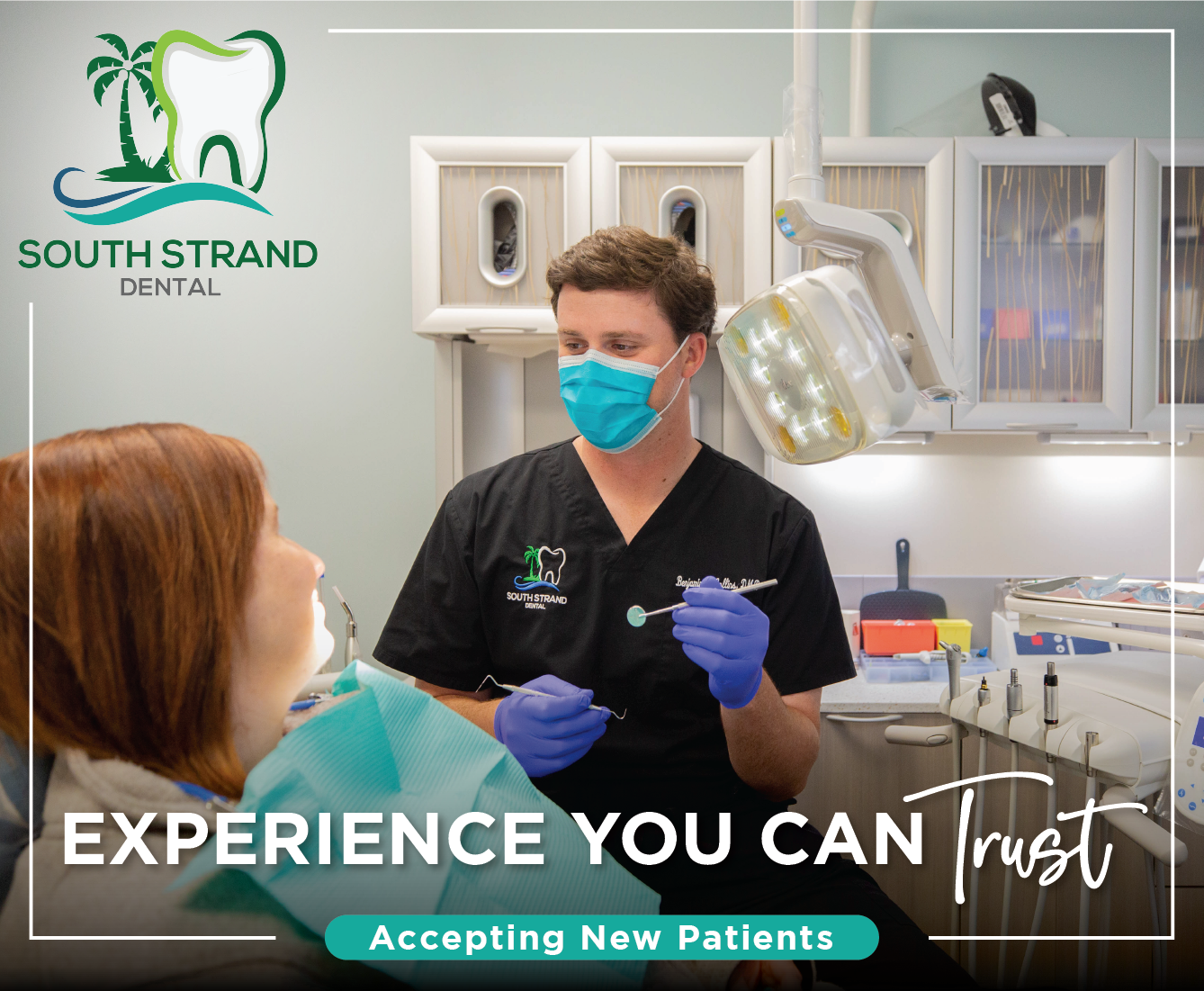Should I Use Artificial Sweeteners?
by Emma Ware
This subject is without question the most argued food subject of our time. Just what are artificial sweeteners?
To me, the answer is in the name. They are artificial. They are formulated and manufactured in laboratories that produce the end product.
Once they obtain approval from the FDA, they then sell the formulas to companies that mass-produce these sweeteners and market them to the general public as a food.
The problem is that the FDA’s approval was obtained twenty-six times over the past twenty-three years despite objections and criticism from numerous physicians, scientists and non-industry-sponsored studies.
The studies done by MEDLINE showed that 92% reported one or more problems with aspartame in terms of its effects on health.
These studies reported a range of side effects including fibromyalgia, brain tumors, memory loss, lymphoma, leukemia and peripheral nerve cancer; headaches and migraine symptoms are the most common side effects of aspartame.
In 1995, FDA Epidemiology Branch Chief Thomas Wilcox concluded that reports done between the years 1981 and 1995 showed aspartame to be the cause of 75% of all reports of adverse reactions to substances in our food supply.
Numerous reports, campaigns, and studies have evaluated the health risks of aspartame. You may not even be aware of it, because the campaigns are normally directed at the brand name under which it is sold.
Names like Equal and Nutra Sweet are more well-known as artificial sweeteners than aspartame. And they are often claimed to be a healthy alternative to sugar.
Don’t accept these claims as truth without doing your own research and confirming the sources. As with any subject of controversy, there are always contradicting viewpoints.
As a knowledgeable consumer, it’s our responsibility to confirm studies and make the best possible choices when it comes to agreeing to ingest a product claimed to be safe.
My personal question is and will continue to be, “Is this product real food or is it produced in a laboratory and claimed to be safe?”
There have been monumental changes to our food supply over the last forty years that have altered the end products, making many people unfamiliar with the original whole product.
Genetically modified foods change the molecular structure of food, and many are, in the end, more chemical than food.
To be continued. Click here to read Part 2.
























